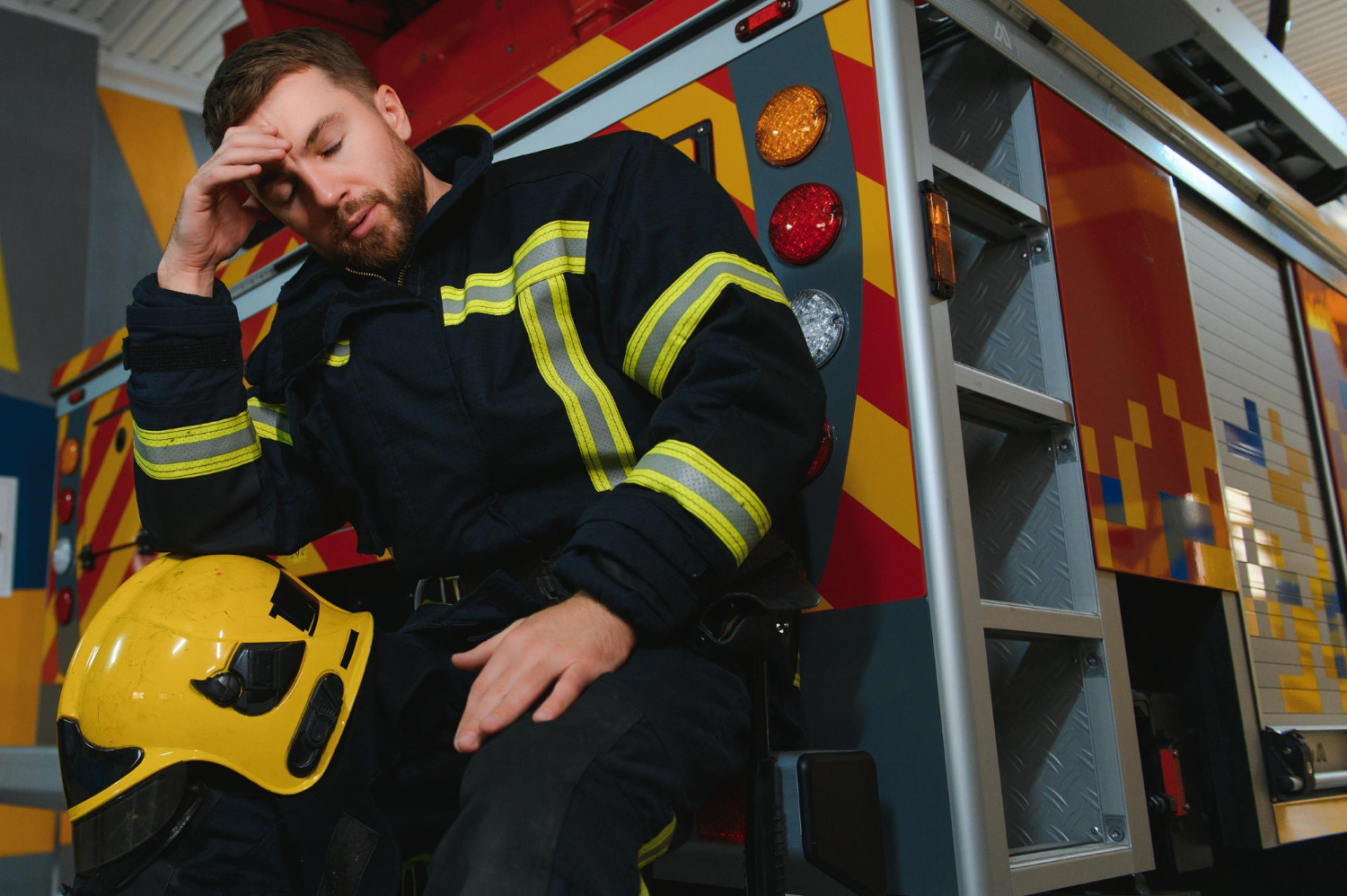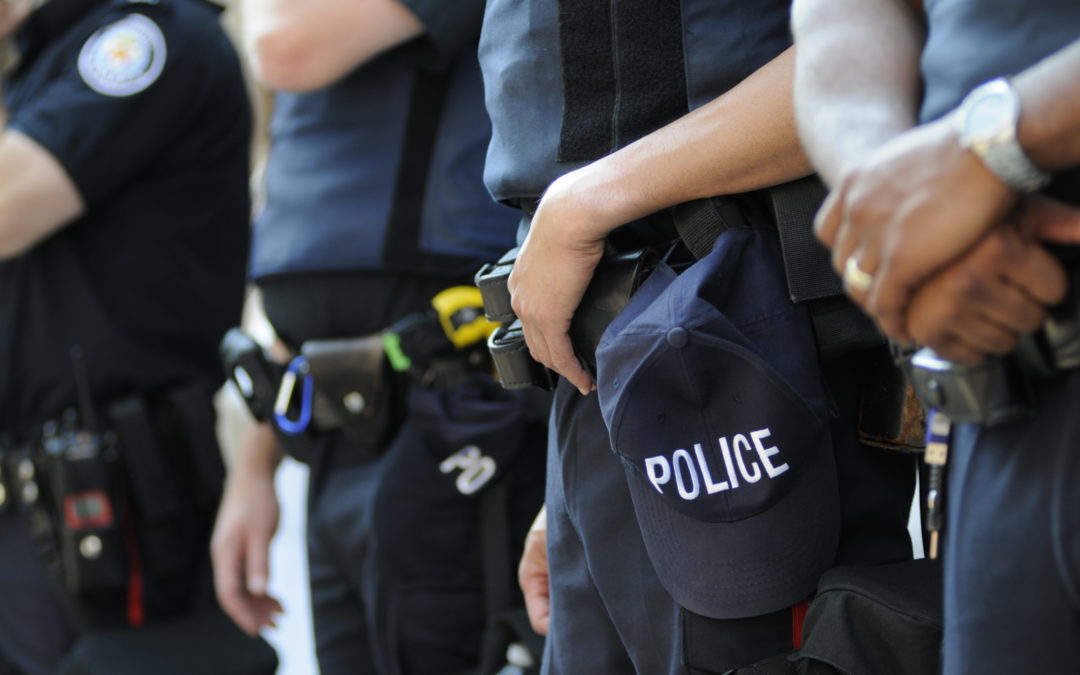The brave may not live forever, but the cautious do not live at all.

"The brave may not live forever, but the cautious do not live at all." – Richard Branson
First responders charge into mayhem when the rest of the world is fleeing. But what if their finest efforts are not enough? But what happens when, despite their training and sacrifice, they cannot prevent a loss?
For paramedics, police officers, and firefighters,not every emergency has a happy ending. Some cases leave a permanent mark. The victims they couldn't save, the voices that echo in their minds, and the faces that never fade. These experiences are not merely incidents; they become psychological baggage that many responders bear long after the wail of the sirens has faded. This post explores the lasting psychological impact of unfinished calls, the burden of survivor’s guilt, and the path to healing.
First responders are trained to make split-second decisions and suppress emotions in the moment. But when those decisions create a result they could not alter, the question of 'What if?' haunts them.
One study in the Journal of Emergency Medicine discovered that 64% of first responders develop some degree of survivor's guilt. This guilt often manifests in persistent self-doubt, replaying events in their minds, and questioning whether they could have done more (Stanley et al., 2016).
These memories don’t fade, they can intensify, leading to chronic stress, PTSD, and emotional exhaustion (Maslach & Leiter, 2016).
Unfinished calls don’t just affect first responders at the moment. The emotional toll follows them into their daily lives, impacting their sleep, relationships, and mental well-being.
Most first responders experience night terrors and insomnia, re-experiencing traumatic events when attempting to sleep (Jackowska et al., 2012). Cognitive function and emotional control decrease without adequate sleep, making it more difficult to manage stress.
In order to survive emotionally, responders tend to deny their pain. Eventually, this can result in emotional detachment from their families, friends, and even themselves (Fox et al., 2015).
A report by the Substance Abuse and Mental Health Services Administration (SAMHSA) found that 30% of first responders develop mental health conditions, including PTSD and clinical depression (SAMHSA, 2018).

“Sometimes, the most healing words are, ‘I understand because I’ve been there too.’”
Peer support groups, such as those promoted by MyOmnia's Informed-Wholeness Model, create a safe and supportive space where first responders can process emotions alongside those who truly understand. Initiatives such as the Firefighter Behavioral Health Alliance (FBHA) have indicated that discussing unfinished cases can help decrease stress and promote emotional strength (FBHA, 2023).
Professional therapy—especially trauma-informed care—helps first responders reframe their experiences rather than relive them (Tedeschi & Calhoun, 2004).
Developing meaningful rituals serves to help responders accept the gravity of unrealized calls while achieving a sense of closure (Koenig, 2012).
● Writing a letter to the patient that they were unable to save.
● Lighting a candle to remember lost lives.
● Attending memorial services that celebrate the fallen.
These acts of remembering can shift sorrow into purpose, reminding responders of the fact that though some lives are lost, their legacy is never forgotten.
Mindfulness exercises, including deep breathing, yoga, and guided meditation, have proven to alleviate PTSD symptoms and heighten mental clarity (Pressman et al., 2009). MyOmnia's Mindfulness in Motion system invites responders to incorporate movement, breathwork, and relaxation as part of their daily activities.
First responders tend to view themselves as warriors—individuals who do not crack. But the recognition of the burden of unresolved calls is not a weakness; it is a sign of strength.
Healing is a process, not a Band-Aid solution. By adopting peer support, therapy, closure rituals, and mindfulness exercises, responders can transform their pain into growth and meaning.
As a retired paramedic once told in The New York Times, "I used to define myself by the lives I saved. Now, I find peace in knowing I did everything I could. And that has to be enough." (NYT, 2022)
Those who couldn’t be saved are not forgotten. And neither are the heroes who tried. First responders deserve the same compassion they give to others.
If you are struggling with the weight of an unfinished call, reach out to a peer, to a counselor, or someone who understands. Because no first responder should carry the weight alone.
New York Times (2022). What Happens When First Responders Can't Save a Life? Substance Abuse and Mental Health Services Administration (SAMHSA) (2018). Mental Health Resources for First Responders.